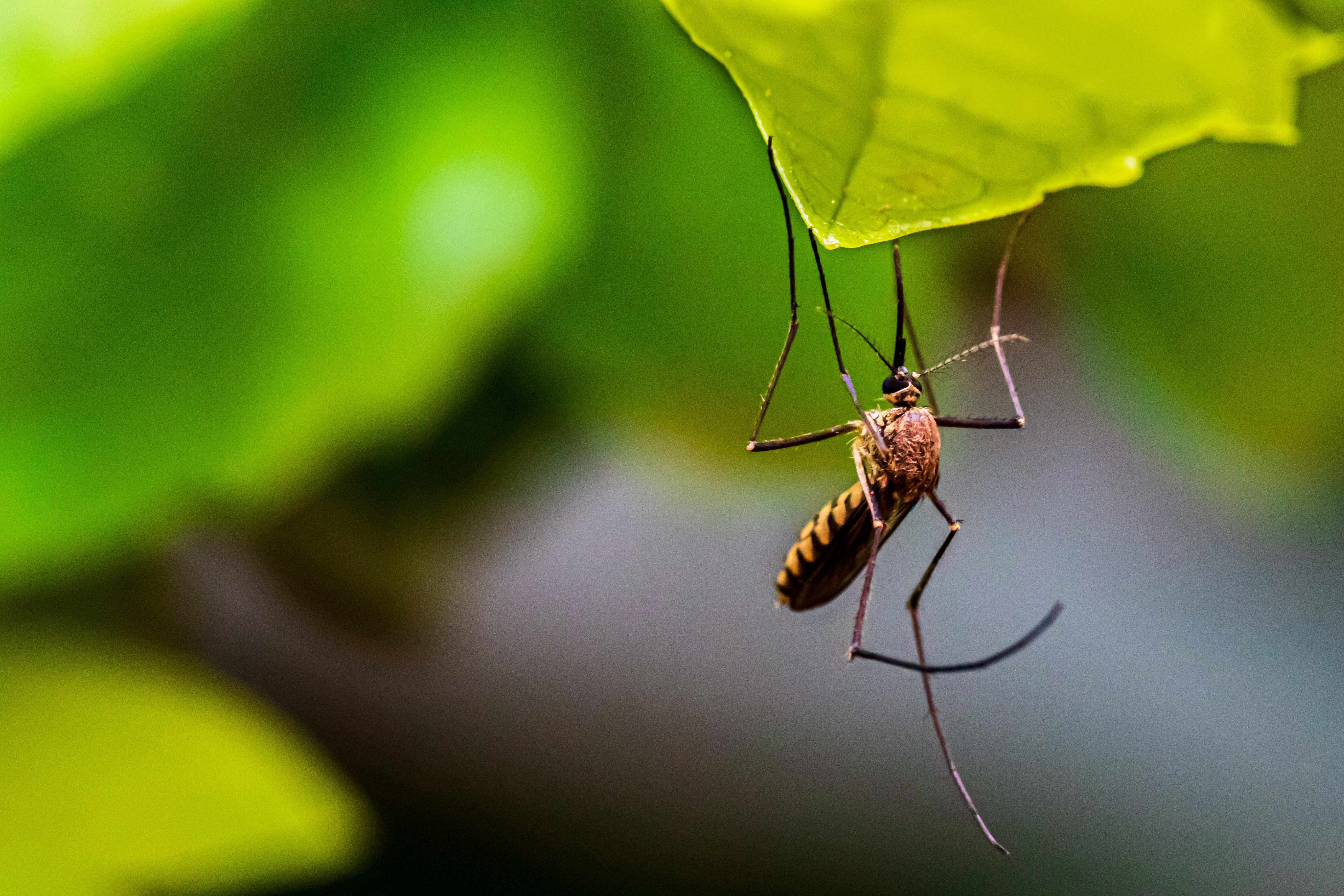ASTMH Annual Meeting 2025
blogVector-borne diseases eradication: being one step ahead with modeling
By: Maria Luísa Simões, Phd, Johns Hopkins University

How can you predict if your new advanced molecular genetics-based tool will work? How can you foresee the course of an infection? How can you know where the disease risk is higher?
Researchers at TropMed20 spoke about their work on modeling vector control interventions for disease vector mosquitoes. Simulating the release of modified Aedes aegypti mosquitoes using different gene drive technologies can predict the success of interventions in endemic areas. In a malaria endemic area in Papua New Guinea, modeling also showed that the impact of using long-lasting insecticidal nets to target Anopheles vectors was a temporary trait, as mosquitoes have learned how to acquire new spatio-temporal feeding habits. A model for the greater Chicago area, which was the hardest hit by West Nile virus in the US, identified some of the areas most impacted by the virus.
So…we can only say…keep counting!
More Information: https://www.abstractsonline.com/pp8/#!/9181/session/262
Related Posts
By: Matthew Davis, Burness